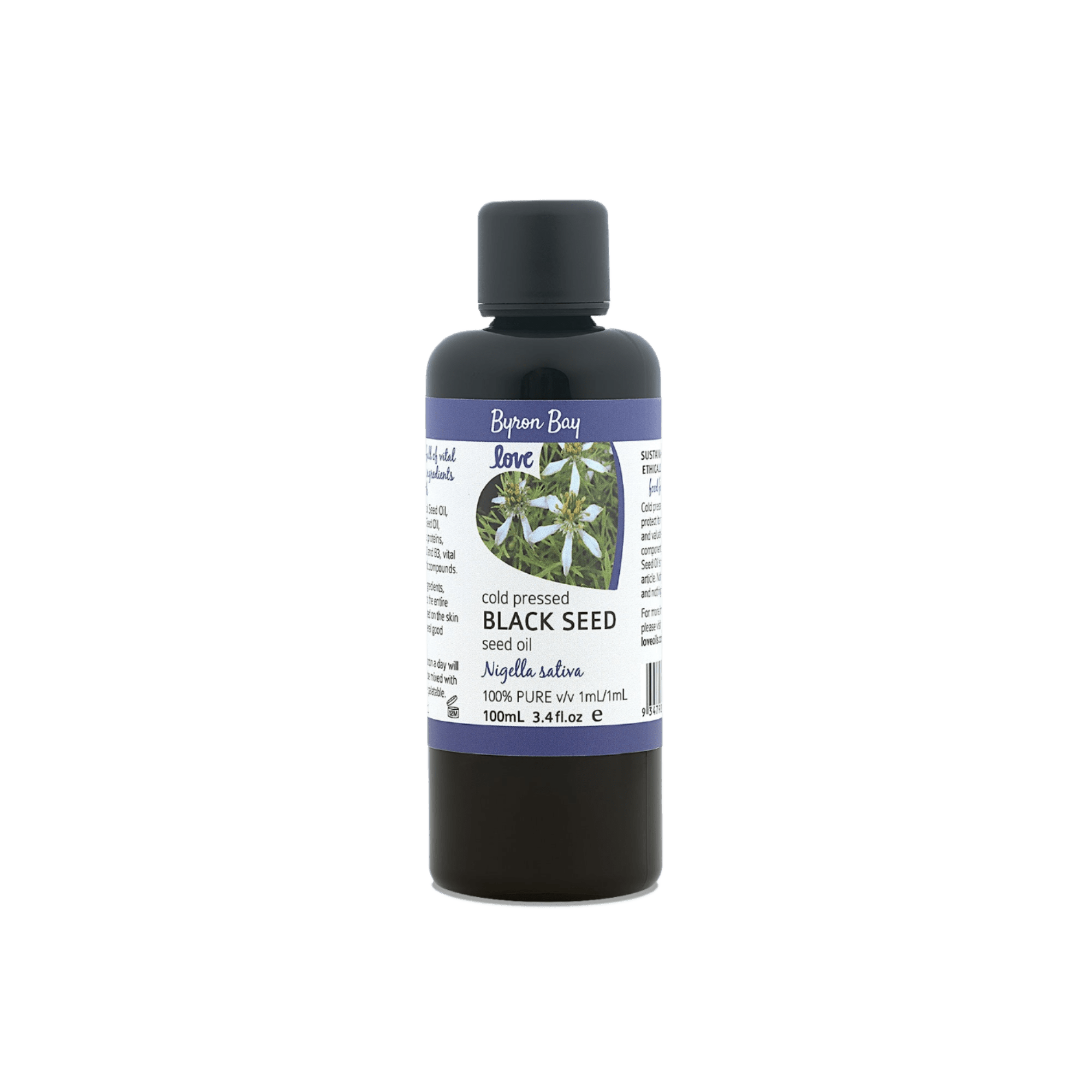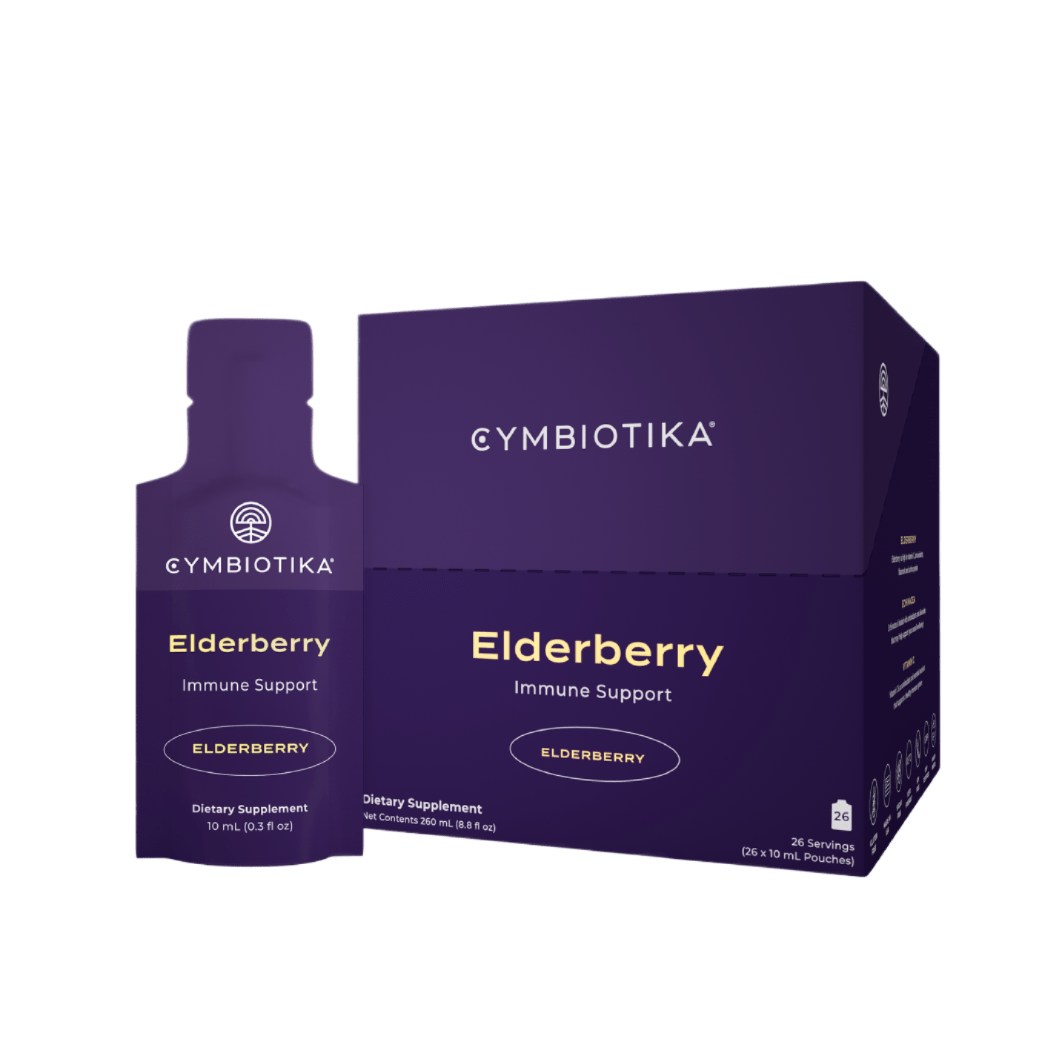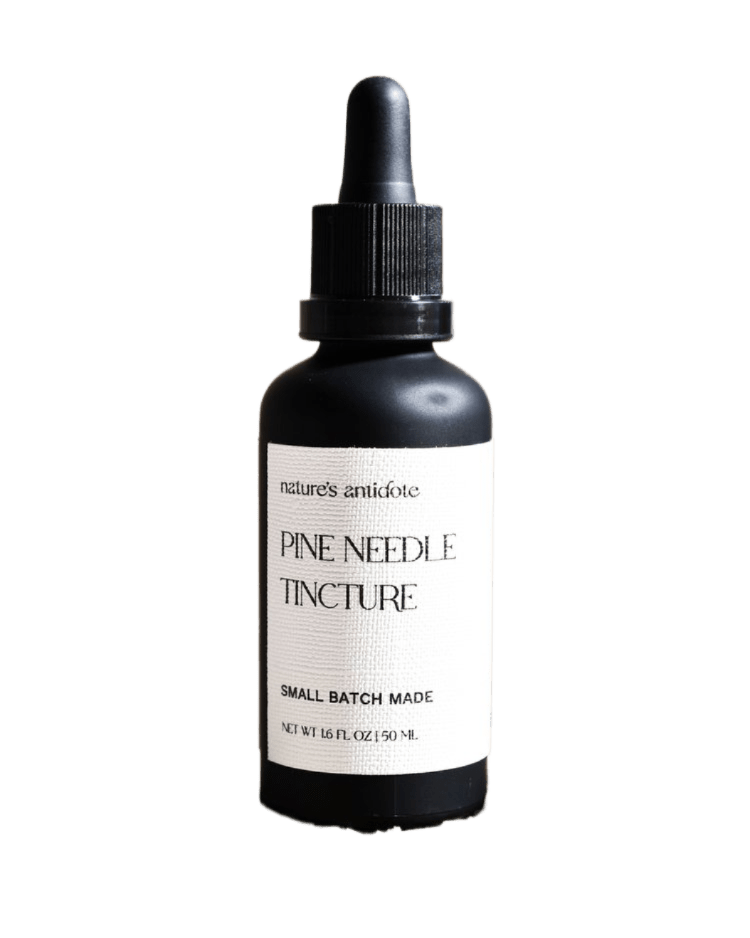
Free Spirit Group Black Cumin Seed Oil 100ml
This black cumin seed oil is crafted from pure, cold-pressed Nigella sativa seeds to deliver a nutrient-rich botanical oil. It is intended for those who wish to incorporate nature-derived oils into everyday dietary or topical routines.
Frequently Asked Questions


We're not only online
You can call us during business hours to speak with a real person. You won't get a menu to navigate. No chatbot to get past. Just genuine help from our expert team. We also have a physical store in Byron Bay. If you’re in the area, come in for an in-person experience.

Expert Care
From a dedicated team of qualified naturopaths. Whether you’re looking for guidance on specific health concerns or simply want expert support in choosing the right products, our naturopaths are here to provide genuine, one-on-one care tailored to your needs.

Highly Curated Range
Extensive research ensures only high-quality, trusted products meet our strict standards. Every item is carefully selected so you can shop with confidence knowing you’re getting the best.












